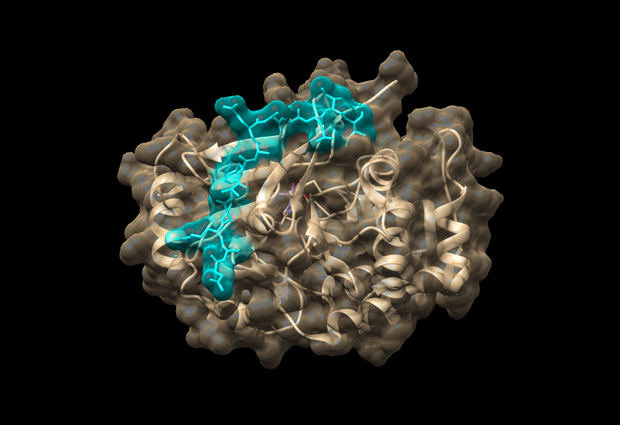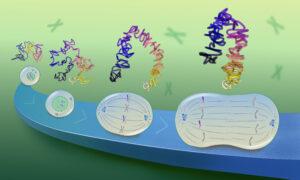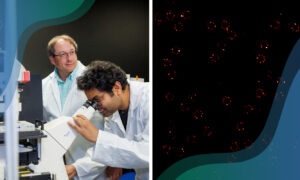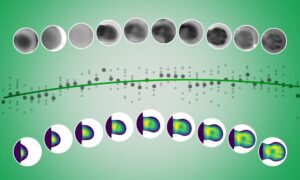
Futures: Phosphatases
As part of a series marking the tenth anniversary of the European Research Council, ERC grantee Maja Köhn shares her vision for the next ten years


Phosphatases are a group of enzymes involved in an incredibly diverse range of processes. These include cell growth and division, insulin secretion, muscle contraction, the cellular response to DNA damage, and the formation and loss of memories. Their role is to remove from molecules a type of chemical component called a phosphate group, which consists of a phosphorus atom surrounded by four oxygen atoms. All phosphatases have this same, apparently simple function, but there’s a lot about their interactions and biological roles that we don’t yet understand.
Enzymes have one or more molecules, called substrates, that they act upon. Phosphatases often act on multiple substrates, and a single substrate molecule may be acted on by more than one phosphatase. Many phosphatases currently have no known substrate, and knowledge of a phosphatase’s structure doesn’t usually allow you to predict what the substrate might be. It can also be difficult to determine in experiments, since the interactions between phosphatases and their substrates are very fast, and the substrate molecule often undergoes rapid changes in subsequent reactions.
My group is working on techniques to overcome these problems. For example, we can make a small modification to a phosphatase by adding a chemical group that becomes reactive when we expose it to a particular wavelength of light. This chemical group then reacts with the substrate and attaches it to the phosphatase. We can also modify the phosphatase in other ways that cause it to trap the substrate molecule when it binds to it. Using methods like these to keep the phosphatase and substrate together makes it possible for us to identify the substrate molecule.
All phosphatases have the same function, but there’s a lot about their biological roles that we don’t yet understand
Over the next ten years we’ll study several phosphatases, learning more about their substrates and investigating their roles in the cell. We hope to gain insights into the features that allow them to bind to their substrates, and identify which of these features are shared by different phosphatases. We’ll also investigate other factors such as where the phosphatase is located in the cell, or the interactions it has with other proteins.
These insights have important implications for human health. Certain types of phosphatase are known to promote cancer development, although in most cases we don’t fully understand how. It appears that some do this directly, while others activate different enzymes called kinases, which are then the cancer promoters. There are also many phosphatases that do the opposite, acting to suppress cancer formation or progression. New therapies could therefore involve inhibiting certain types of phosphatase or activating others, and we’re working on the development of chemical compounds to do this. For one of the phosphatases I’m studying, we’d like to know whether inhibiting it could offer a therapeutic benefit in cancer. Within ten years I hope we’ll have answered that question, and – if we do show a benefit – I’d like to be in a position to approach pharmaceutical companies with a suitable molecule for drug development.
 The European Research Council (ERC) is a European funding body that offers substantial five-year grants to support researchers at all stages of their careers. Inspired by the ERC’s tenth anniversary in 2017, we asked some of EMBL’s ERC grantees to look ahead another ten years and share their vision for their field of research.
The European Research Council (ERC) is a European funding body that offers substantial five-year grants to support researchers at all stages of their careers. Inspired by the ERC’s tenth anniversary in 2017, we asked some of EMBL’s ERC grantees to look ahead another ten years and share their vision for their field of research.


